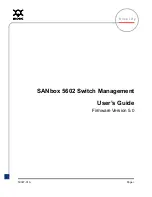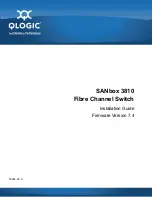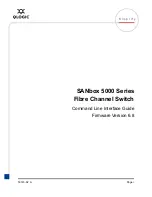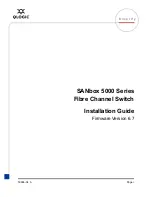
53
3. Basic operations
3-12. SD memory cards
The unit’s frame memory data and system data can be stored on SD memory cards. Conversely, this data can be
loaded from the SD memory cards to the unit.
Frame memory data (still image data):
4-bit (uncompressed) BMP (bitmap) is the only file format which is supported. When using still image data
created using another device such as a personal computer, save the data as 4-bit (uncompressed) BMP files.
This unit cannot resize the images so resize them appropriately using another device such as a personal
computer before saving them on the SD memory card.
HD/1080i: 190×1080, HD/70p: 180×70,
SD/NTSC: 70×487, SD/PAL: 70×576
If the sizes are different, the center of the images will be lined up.
If the image is large, it will be cropped.
If the image is small, the area around it will be filled in with a black border.
The pixels of images in SD format are not square, so the aspect ratio will be different when the images are
displayed on the computer and when they are imported into frame memory (with NTSC format, they will be
vertically long).
To keep the images true to their actual proportions, make sure the original size is 70
×
540 pixels. If the images
are in NTSC format, use images shrunk to 70
×
487 pixels. If the images are in PAL format, use images
enlarged to 70
×
576 pixels.
System data:
The “system data” refers to all the data stored in the unit with the exception of the date, time and network
settings and of the still image data. The extension used for the system data files is “hs4.”
SD memory card handling precautions
Do NOT eject the SD memory card while the SD memory card access LED is lighted.
The data stored on SD memory cards may be lost as a result of misplacing the cards or performing erroneous
operations, for instance. It is recommended that valuable data be stored on a personal computer or other
device..
















































